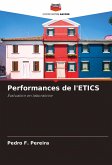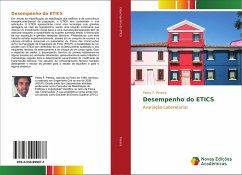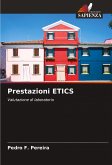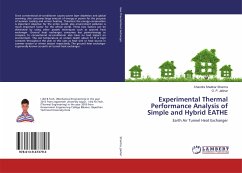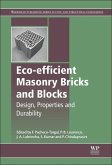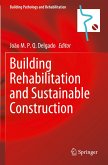Due to the massification of building refurbishment and the population's energy/environmental awareness, ETICS has increased its application. ETICS presents itself as a technology with great advantages in terms of hygrothermal performance, being a construction solution that involves a low initial investment and easy maintenance/repair, while the durability of the substrate increases due to its reduced exposure to large thermal variations. The aim of this work was to experimentally study the durability of an ETICS specimen through accelerated ageing and subsequent rigid body pull-out and shock tests, using a set of tests in the climate chamber available at the Building Physics Laboratory (LFC) of the Faculty of Engineering of Porto (FEUP). In order to assess the specimen's thermal performance, some tests were carried out in a laboratory environment, and this paper presents the methodology used to experimentally determine the thermal transmission coefficient. The thermal behavior studies also included the study of the specimen for the equilibrium state and for the dynamic regime.
Bitte wählen Sie Ihr Anliegen aus.
Rechnungen
Retourenschein anfordern
Bestellstatus
Storno


